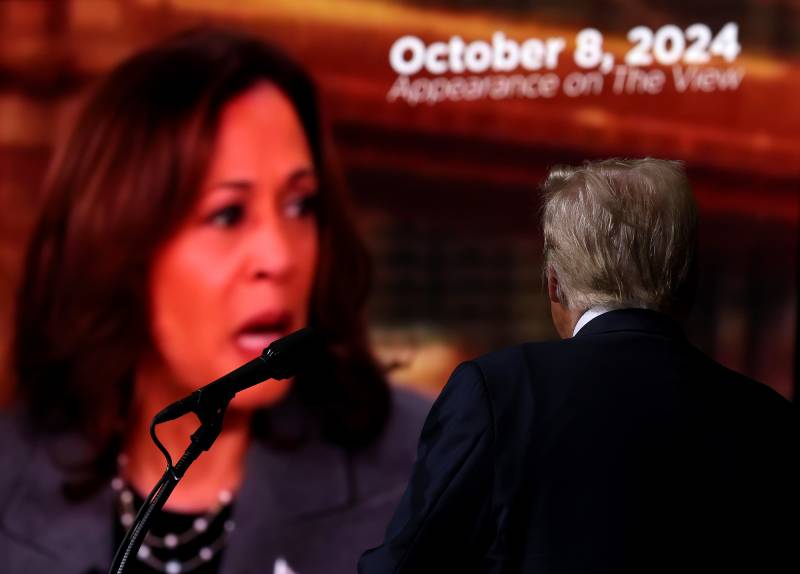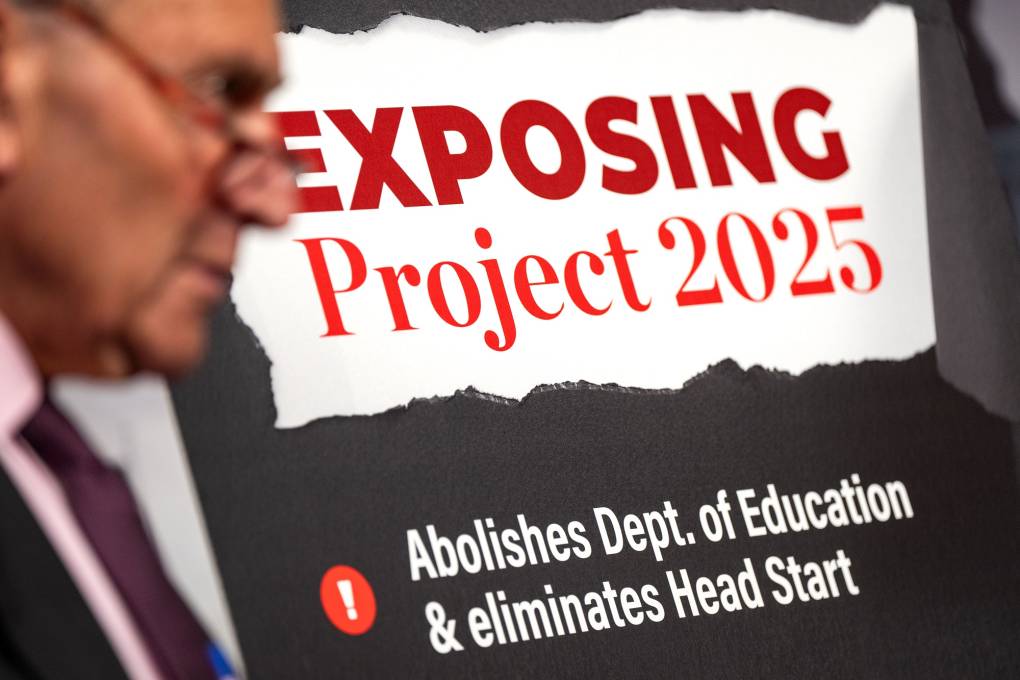A new Donald Trump campaign ad that blames then-San Francisco District Attorney Kamala Harris for the 2007 killing of an Oakland journalist is “low and lacks context,” according to reporters who covered the murder and called the ad factually inaccurate.
Chauncey Bailey was the editor of the Oakland Post, a Black newspaper in the East Bay, when he was shot and killed on his walk to work, targeted by a company he planned to release a report on. Trump’s latest ad suggests that the man who shot him — who was previously incarcerated for an unrelated assault — was only out of jail because Harris had released him.
The ad opens with footage that appears to be of Bailey’s body lying covered on 14th Street in downtown Oakland. A narrator says that his face isn’t viewable because it was “blown away” by a “repeat criminal” — Devaughndre Broussard — thanks to Harris’ “liberal” leadership.
The statement isn’t true, according to Thomas Peele, who released the book Killing the Messenger investigating Bailey’s murder in 2014.


